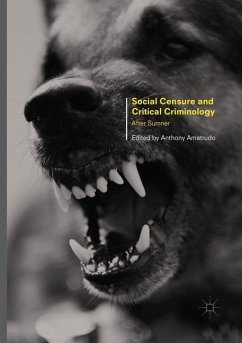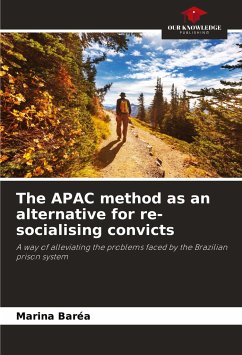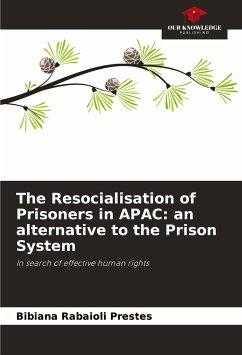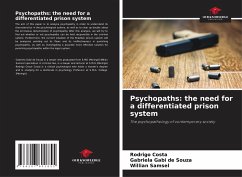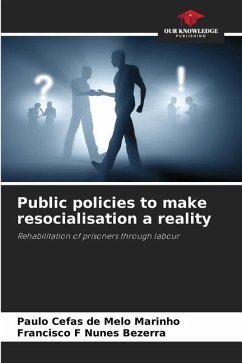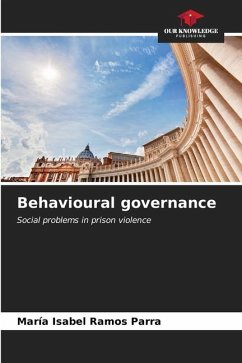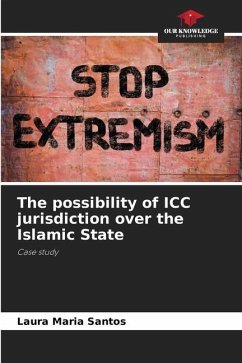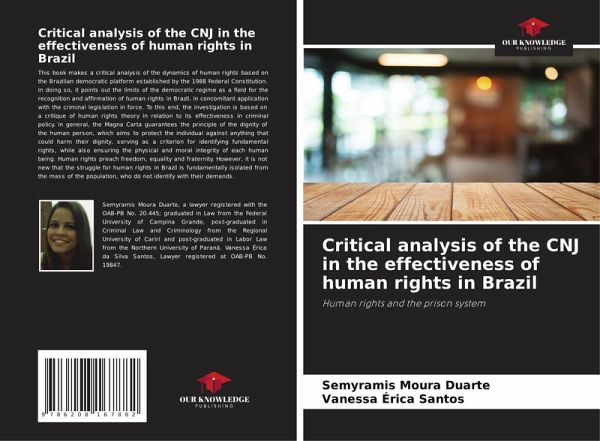
Critical analysis of the CNJ in the effectiveness of human rights in Brazil
Human rights and the prison system
Versandkostenfrei!
Versandfertig in 6-10 Tagen
27,99 €
inkl. MwSt.

PAYBACK Punkte
14 °P sammeln!
This book makes a critical analysis of the dynamics of human rights based on the Brazilian democratic platform established by the 1988 Federal Constitution. In doing so, it points out the limits of the democratic regime as a field for the recognition and affirmation of human rights in Brazil, in concomitant application with the criminal legislation in force. To this end, the investigation is based on a critique of human rights theory in relation to its effectiveness in criminal policy. In general, the Magna Carta guarantees the principle of the dignity of the human person, which aims to protec...
This book makes a critical analysis of the dynamics of human rights based on the Brazilian democratic platform established by the 1988 Federal Constitution. In doing so, it points out the limits of the democratic regime as a field for the recognition and affirmation of human rights in Brazil, in concomitant application with the criminal legislation in force. To this end, the investigation is based on a critique of human rights theory in relation to its effectiveness in criminal policy. In general, the Magna Carta guarantees the principle of the dignity of the human person, which aims to protect the individual against anything that could harm their dignity, serving as a criterion for identifying fundamental rights, while also ensuring the physical and moral integrity of each human being. Human rights preach freedom, equality and fraternity. However, it is not new that the struggle for human rights in Brazil is fundamentally isolated from the mass of the population, who do not identify with their demands.





